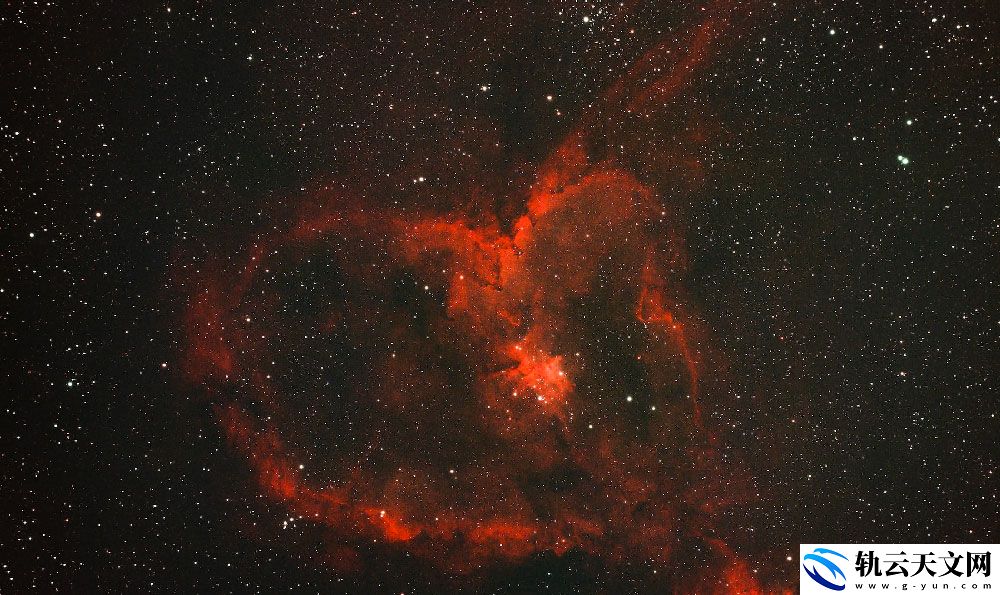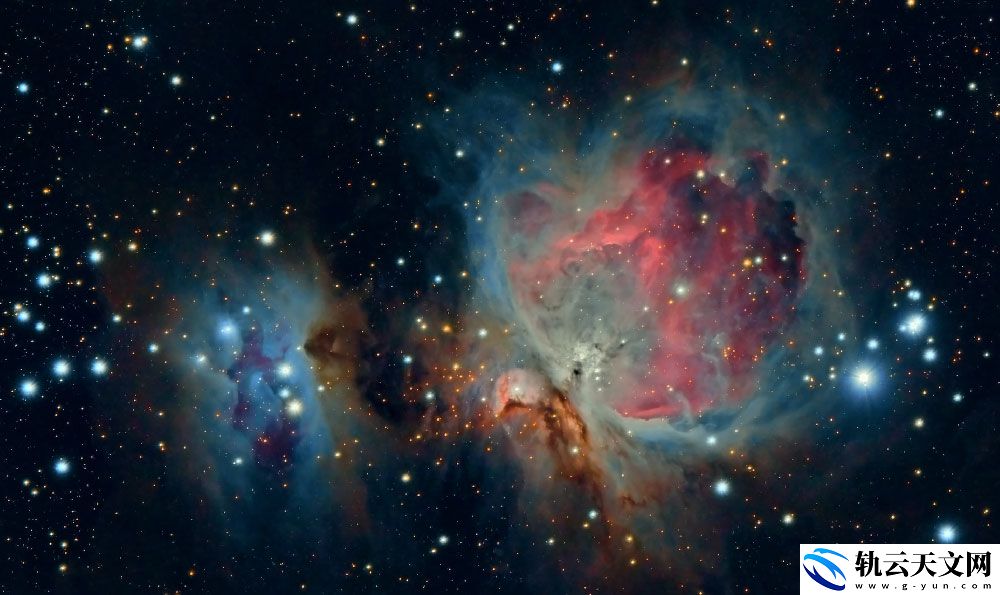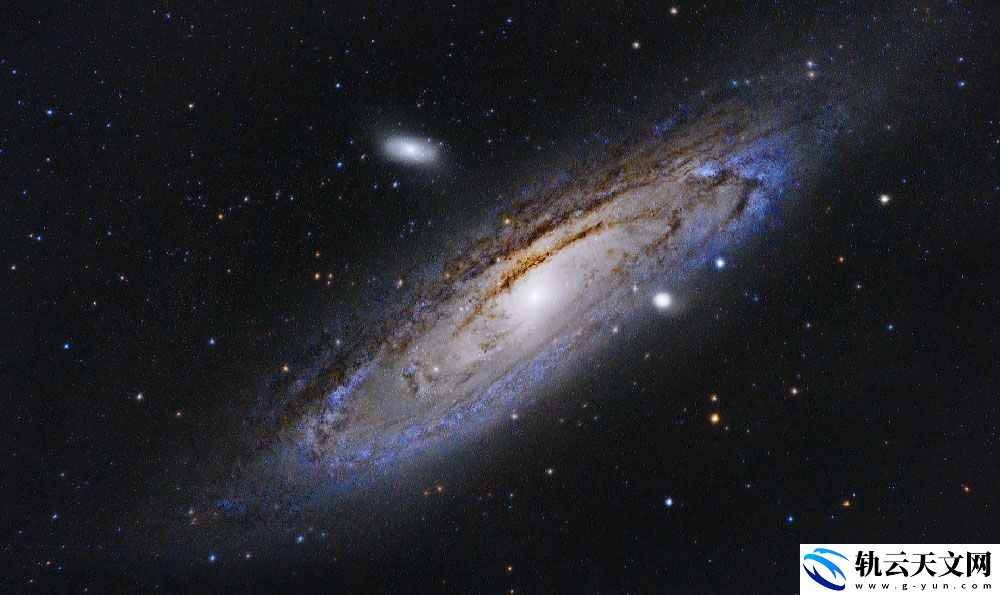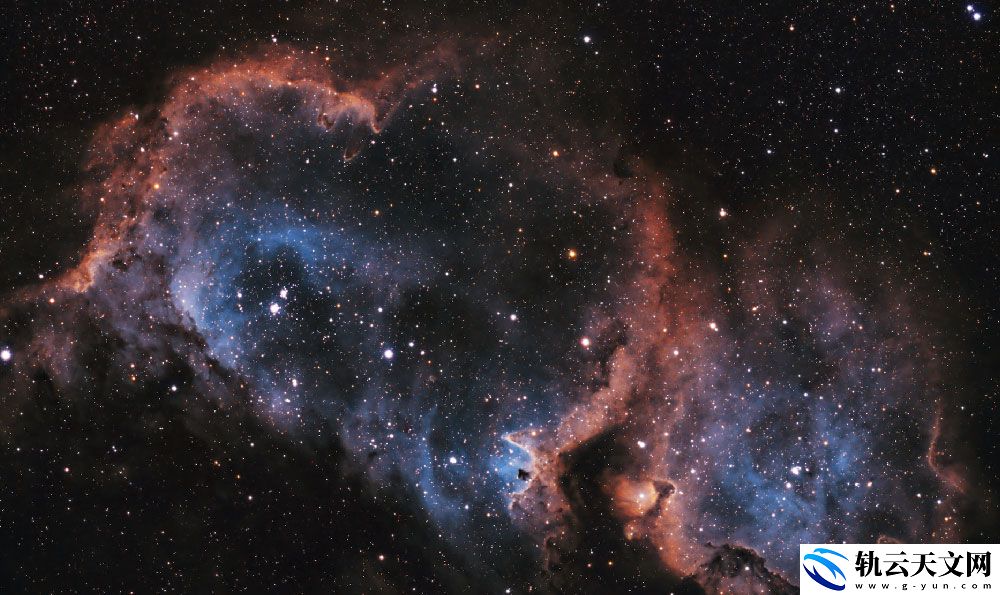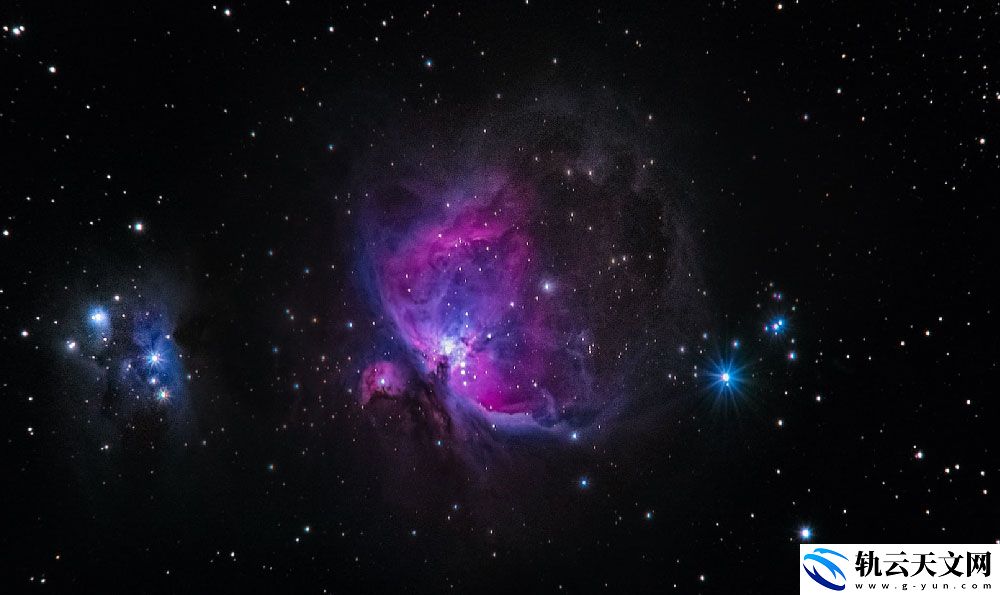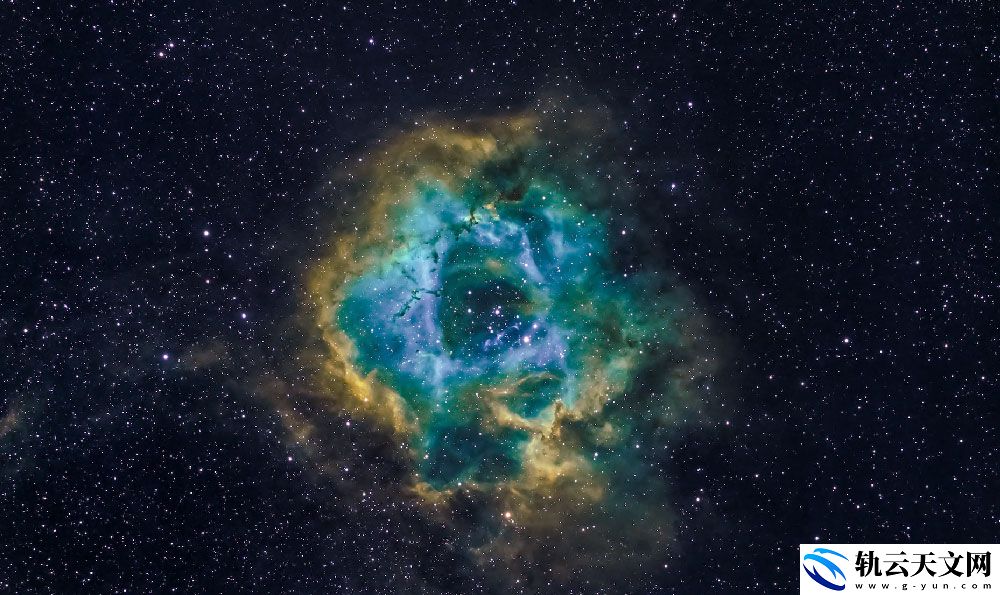太空探索的利和弊

太空探索是人类近代科技进步的杰出象征。自从人类第一次踏上月球以来,太空探索一直在不断发展和演进。尽管太空探索带来了许多积极的影响,但也有一些潜在的负面影响。本文将探讨太空探索的利和弊,以帮助读者更好地了解这个行业。
1. 拓展人类的视野:太空探索为人类提供了独特而广阔的视野。通过观测和研究宇宙,我们可以更好地了解地球和宇宙的运行方式。太空探索帮助我们发现新的行星、恒星和银河系,为我们提供了探索未知的机会。
2. 科学研究的突破:太空探索不仅为人类提供了新的视野,也为科学研究带来了突破。通过太空探索,我们能够研究和解决许多关于宇宙和地球的谜团。太空探索使我们能够更好地了解气候变化和地质活动的原因,为地球环境保护和预防自然灾害提供了重要的依据。
3. 技术创新的推动:太空探索对技术创新起到了巨大的推动作用。许多太空探索项目需要开发新的技术和工具,这些技术和工具往往也可以应用于其他领域。太空探索促进了无线通信、材料科学和生物医学等领域的发展,为人类带来了更多的便利和福利。
4. 广告宣传的机会:太空探索在商业上也带来了一些利益。一些大型公司将太空探索作为广告宣传的机会,通过太空探索项目来提升品牌形象和知名度。这种广告宣传不仅为太空探索项目带来了资金支持,还提高了公众对太空探索的关注度。
5. 太空*的挑战:太空探索也带来了一些潜在的负面影响。随着太空探索活动的增加,太空*的问题日益凸显。太空*对地球轨道上的卫星和航天器构成了威胁,可能导致碰撞事故和损坏设备。解决太空*问题是太空探索行业面临的重要挑战。
6. 资金投入与利益平衡:太空探索需要大量的资金投入。这些资金可以用于改善地球上的生活条件,例如减少贫困、提高教育水平等。在决定投入资金时,需要权衡太空探索所带来的利益和其他社会需求之间的平衡。
结尾:
太空探索是一个富有挑战性和前瞻性的行业,它既带来了许多积极的影响,也存在一些负面的问题。了解太空探索的利和弊有助于我们更全面地评估这个行业对人类社会的影响。我们也需要积极探索解决太空*等问题的方法,以确保太空探索的持续发展和可持续利益。
太空探索的利和弊有哪些
太空探索是人类长期以来追求的梦想,它带给我们无尽的科学发现和技术进步。它也伴随着一些负面影响。下面将从多个方面,简要介绍太空探索的利和弊。

一、科学探索:太空探索为我们提供了研究宇宙和地球的机会。通过观测和探测,我们可以了解宇宙的起源、星球的特征以及太阳系的结构等。太空探索也有助于解开地球上的谜团,如气候变化和自然灾害等。这些科学探索是人类知识的宝贵财富。
二、技术进步:太空探索需要先进的技术和工程能力。通过研究太空航行、遥感技术和生命保障系统等,人类在很多领域取得了巨大的进步。太空探索催生了许多创新技术,如卫星通信、遥感技术和航天器材料等,这些技术也得以应用于其他领域,推动了人类社会的发展。
三、资源开发:太空探索为人类提供了开发外太空资源的机会。我们可以通过采矿等方式获取外太空的矿产资源,这有望解决地球上资源匮乏的问题。太空中还有丰富的太阳能和氦-3等能源资源,开发利用这些资源将带来巨大的经济和能源收益。
四、国际合作:太空探索是一个国际合作的领域。各**同合作,分享资源和技术,实现了许多重大的科学和工程目标。太空探索的合作有助于加深国家间的友谊和了解,促进世界和平与稳定。
太空探索也有一些负面影响。
一、高成本和风险:太空探索需要巨大的资金投入和高度的技术支持。花费巨大的资金进行太空探索,有时可能无法获得预期的回报。太空探索也伴随着巨大的风险,如发射失败、航天员生命安全等。
二、环境影响:太空探索对地球环境也带来一定的影响。发射卫星和空间站等活动会产生大量的废气和废弃物,对大气层和地球环境造成一定的负担。太空碎片和卫星残骸等也可能对太空环境产生污染。
三、资源浪费:太空探索会消耗大量的资源,包括能源、材料和人力等。这些资源本可以用于解决地球上的紧迫问题,如贫困、饥饿和疾病等。太空探索的资源投入可能并不符合当下社会的需求。
太空探索的利和弊存在着明显的对比。科学探索、技术进步和资源开发为人类带来了巨大的好处,但高成本、环境影响和资源浪费也是不可忽视的问题。在继续太空探索的我们应该探索更加可持续和平衡的发展模式,以确保太空探索的利益最大化,同时最大限度地减少其负面影响。
太空探索的利和弊英语作文
Introduction

Space exploration has always been a topic of great interest and debate. It is a field that has witnessed remarkable advancements and achievements over the years. In this article, we will explore the pros and cons of space exploration, shedding light on its benefits as well as the challenges it poses.
Exploring the Unknown
The primary advantage of space exploration lies in our innate human curiosity to explore the unknown. By venturing into space, we have pushed the boundaries of our understanding and gained invaluable knowledge about our universe. From the Apollo moon landings to the Mars rovers, these missions have provided us with groundbreaking scientific discoveries and a deeper comprehension of our place in the cosmos.
Technological Advancements
Space exploration has also driven significant technological advancements. Many inventions and innovations that we now take for granted have their origins in space exploration. For instance, satellite technology has revolutionized communication and weather forecasting. Furthermore, the development of lightweight materials, advanced robotics, and life support systems for astronauts has found applications in various industries on Earth.
International Collaboration
Space exploration has fostered international collaboration among nations. It has become a platform for countries to work together, despite their political differences, towards a common goal. The International Space Station, a symbol of global cooperation, has allowed scientists from different countries to conduct experiments and research in a shared space. This collaboration has not only advanced science but also improved diplomatic relations.
Space Industry and Economic Boost
The space industry has grown rapidly, becoming an economic driver for many countries. Commercial space agencies, like SpaceX and Blue Origin, have emerged and are investing heavily in space exploration. These private enterprises have created jobs and stimulated economic growth. Additionally, the space tourism industry is gaining momentum, with companies planning to offer civilian trips to space. This emerging sector has the potential to bring in significant revenue and boost tourism in the future.
Environmental Monitoring and Earth Protection
Space exploration has also played a vital role in environmental monitoring and Earth protection. Satellites equipped with sensors and cameras provide essential data on climate change, natural disasters, and deforestation. This information is crucial for scientists and policymakers in their efforts to mitigate the adverse effects of human activities on the planet and ensure its sustainability for future generations.
Challenges and Risks
While space exploration has numerous advantages, it is not without its challenges and risks. Firstly, the cost of space missions is exorbitant, requiring massive investments from governments or private entities. Secondly, the long duration space travel poses significant health risks to astronauts, such as muscle and bone loss, radiation exposure, and psychological effects. Lastly, the debris created from space missions and satellite launches poses a threat to the sustainability of space activities and the safety of functioning satellites.
Conclusion
In conclusion, space exploration has brought us tremendous benefits, including scientific discoveries, technological advancements, international collaboration, economic growth, and environmental monitoring. However, it also presents challenges and risks that need to be addressed. As we continue to explore the vastness of space, it is crucial to strike a balance between the benefits it offers and the potential risks it poses. Only then can we truly harness the advantages of space exploration while safeguarding the future of our planet.
声明:本站所有文章资源内容,如无特殊说明或标注,均为采集网络资源。如若本站内容侵犯了原著者的合法权益,可联系本站删除。






